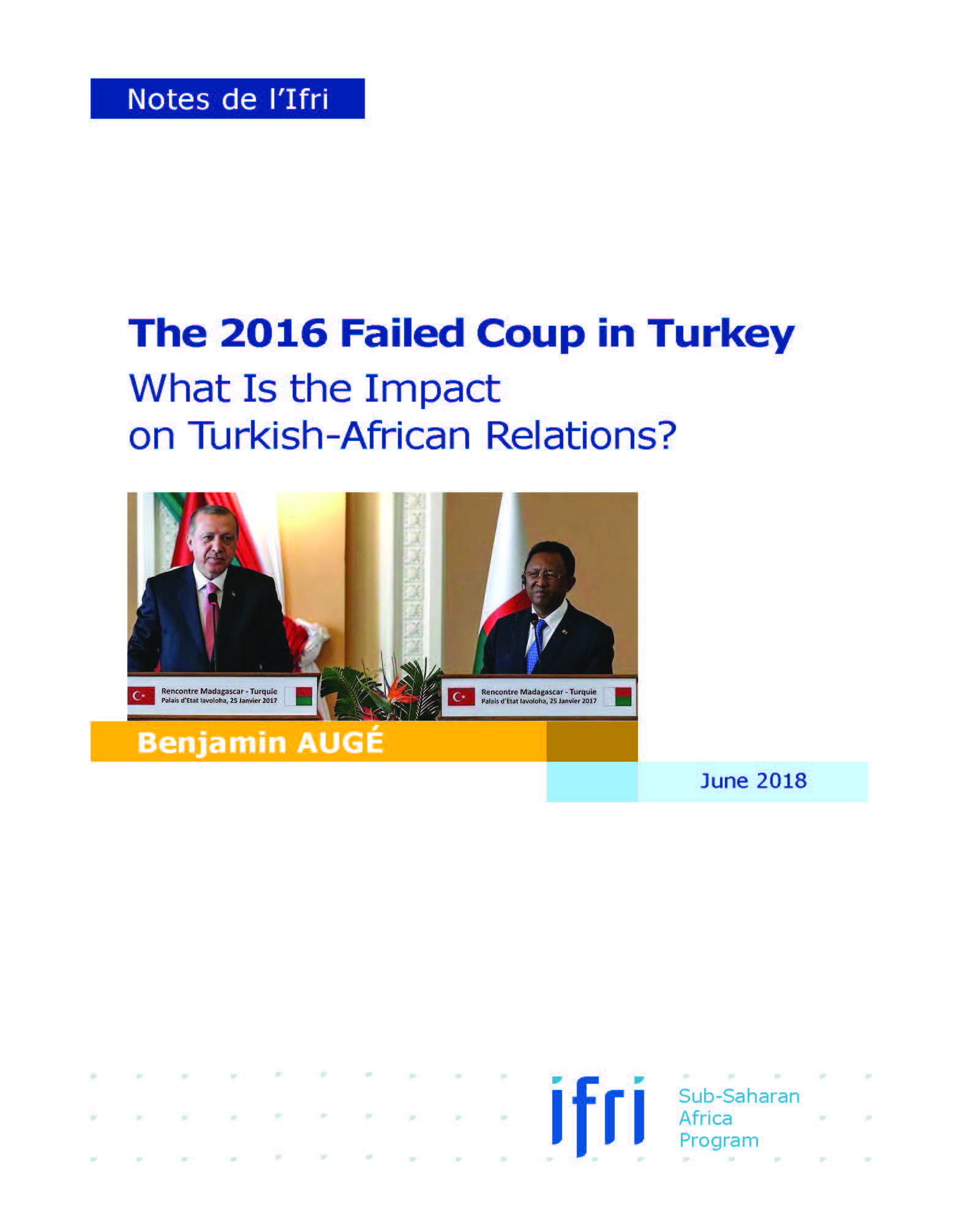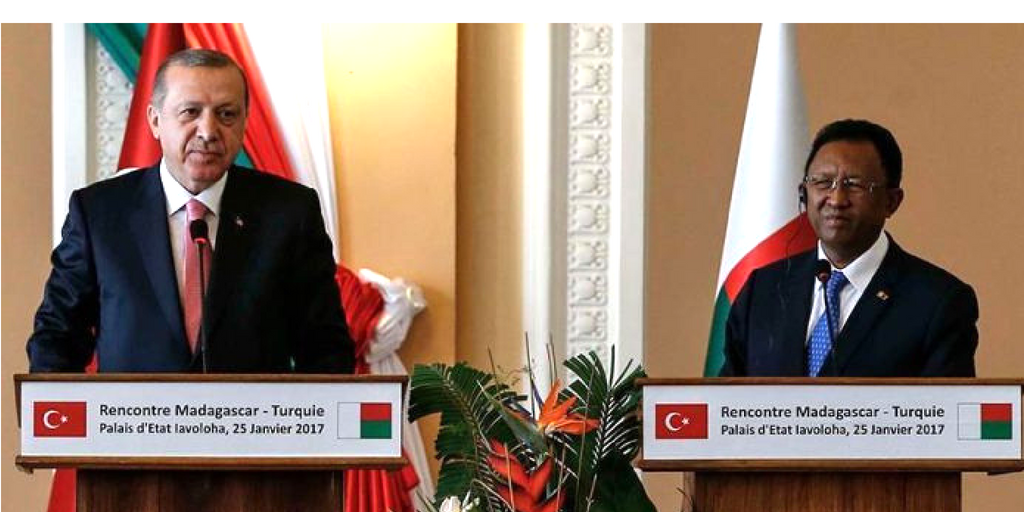The 2016 Failed Coup in Turkey: What Is the Impact on Turkish-African Relations?

The July 2016 failed coup against President Recep Tayyip Erdoğan’s government not only resulted in a dramatic upheaval in Turkey, it also had a significant impact on the structure of its international relations and its networks of influence abroad.

The way this coup affected the political actors who shaped Turkish policy in Africa highlights the extent to which Fethullah Gülen’s movement – accused by Recep Tayyip Erdoğan of having organised the coup- shaped those relations up to 2016. Today, Turkish diplomacy in Africa is undergoing a process of reconstruction, as it dismantles functional networks, and supports the new actors championed by Ankara. The destruction of what has been patiently established for 20 years and the creation of new channels of influence is a challenging task for Turkish diplomats and politicians who multiply their visits to Africa. In some countries, Turkish diplomacy sometimes faces difficulties in removing the Gülenist networks, as some are closely linked to high-ranking local leaders.
Download the full analysis
This page contains only a summary of our work. If you would like to have access to all the information from our research on the subject, you can download the full version in PDF format.
The 2016 Failed Coup in Turkey: What Is the Impact on Turkish-African Relations?






